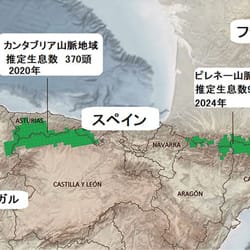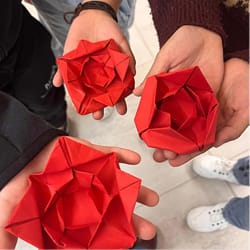Maybe it is “too little, too late” as some people say, but there have been many changes and there is a new perspective for the future taking place when it comes to the environment and everything concerning it.
1. Recycling

First of all, the city of London offers its citizens an official website which explains everything they need to know about what can be recycled, explaining in detail what such materials can be reused for.
There are several materials that can be recycled in London: plastics, glass, paper, metals, clothes, food waste and organic waste.
In London there is such a thing as mixed recycling.
For smart recycling, you need to be informed about which specific products are accepted for each type of material.
In London, by mixed recycling we mean: plastic, paper, cardboard, glass and metal as these materials can be collected in the same bag, provided it is transparent (or white), and placed in the container labeled 'mixed recycling'.
It is not necessary to separate the recycling materials but one must be certain to throw only what can be indeed be recycled.
For plastic it means food containers, bottles, containers for shampoo, shower gel and other toiletries, containers for cleaning products, food trays and plastic bags.
In London we don’t recycle plastic objects such as plastic bowls, transparent film for food, plastic pots for flowers or bubble wrap which instead would be recycled in Italy so I don’t know exactly why it is so.
As for paper they accept cardboard boxes for food and drinks, letters, newspapers, magazines…but dirty paper is not accepted.
As for what concerns glass, glass bottles and jars are accepted but broken glasses, panels and crystal is not.
Also metal is recycled in the form of cans for food and drinks, metal lids and spray containers whereas other containers are not.
It can happen that you are not sure where a certain material should be disposed of so many companies are starting to use symbols and labels on packaging to make it easier to identify the material they are made of and where they go.
The so-called (wet) organic food waste consists of the collection of food scraps, coffee grounds, tea bags and expired food with the exception of oil and other liquids or very large bones.
For such organic waste it is also very important to use only biodegradable bags, which are distributed free of charge in local bookstores (depending on the area you live in) or sold in supermarkets.
Depending on the type of place you live in, garbage collection is done in different ways.
If you live in an independent house, the collection will be made, on specific days depending on the material, at your doorstep.
The bins must be placed in an easily accessible place.
If, on the other hand, you live in an apartment or residential complex, the collection will be made, on specific days depending on the material, from the shared bins usually located in the immediate vicinity such as in common areas or on the access road to the building.
2. Shop locally and zero waste
The trend is moving towards shopping for food at local shops rather than large chains and buying fresh and seasonal produce from farmers’ markets. It’s the easiest way to buy organic produce and without plastic wrapping.
There are also a couple of phone apps which allow you to pay a lower price for the unsold food from shops and eateries before their closing time.
3. Naked products
The so-called naked products which means products without a packaging or wrapping are getting popular thanks to big companies such as Lush, a shop for cruelty free beauty products which only uses recyclable packages, if none, and other small non-chain shops which sell plastic free soaps.






























































